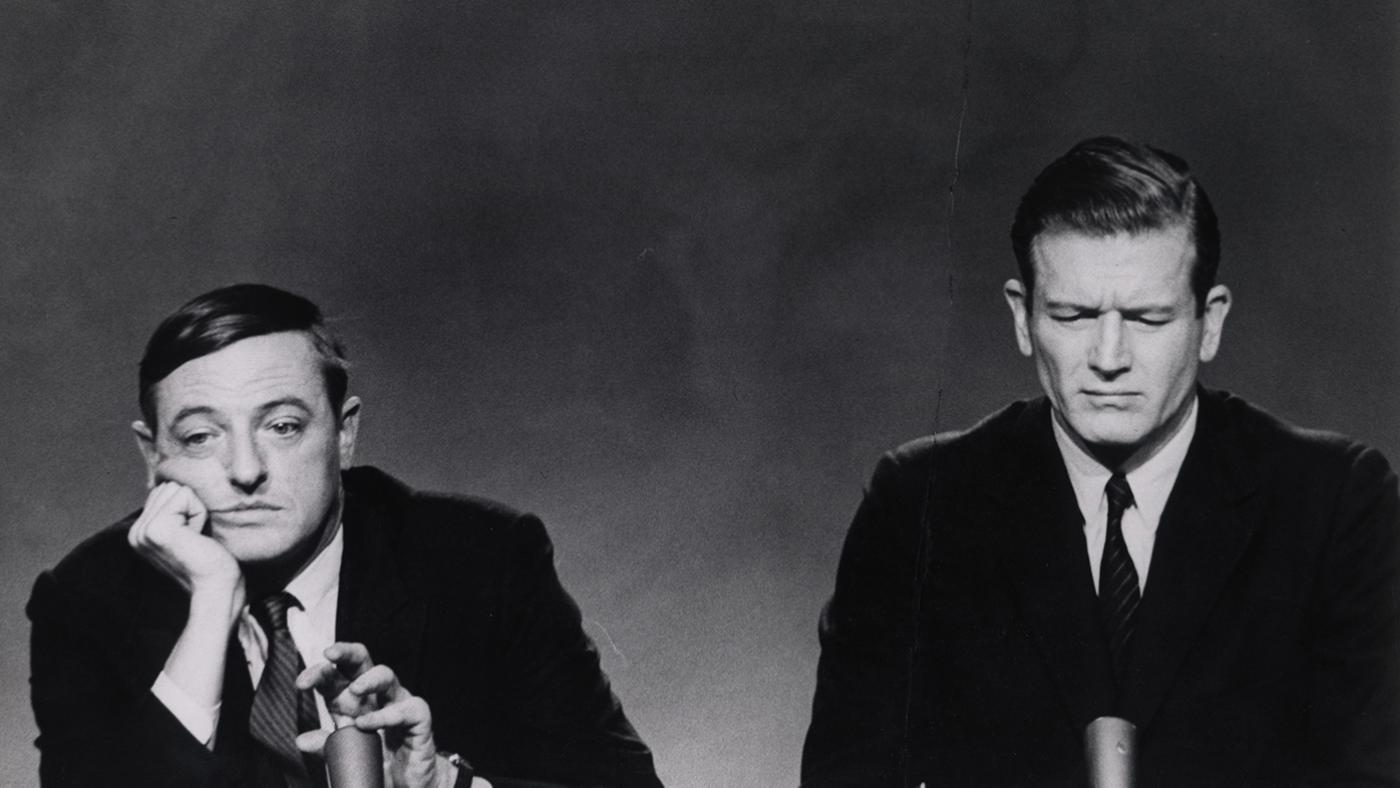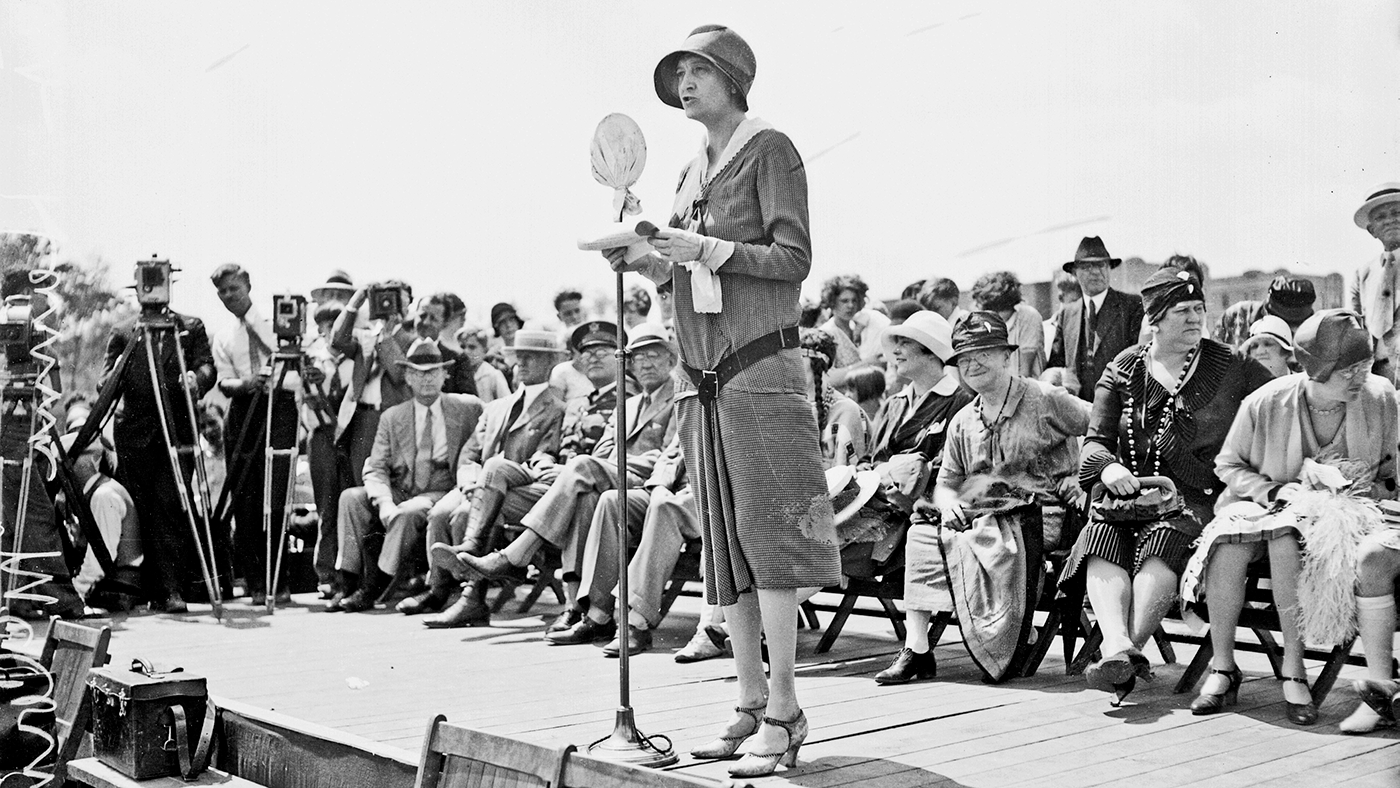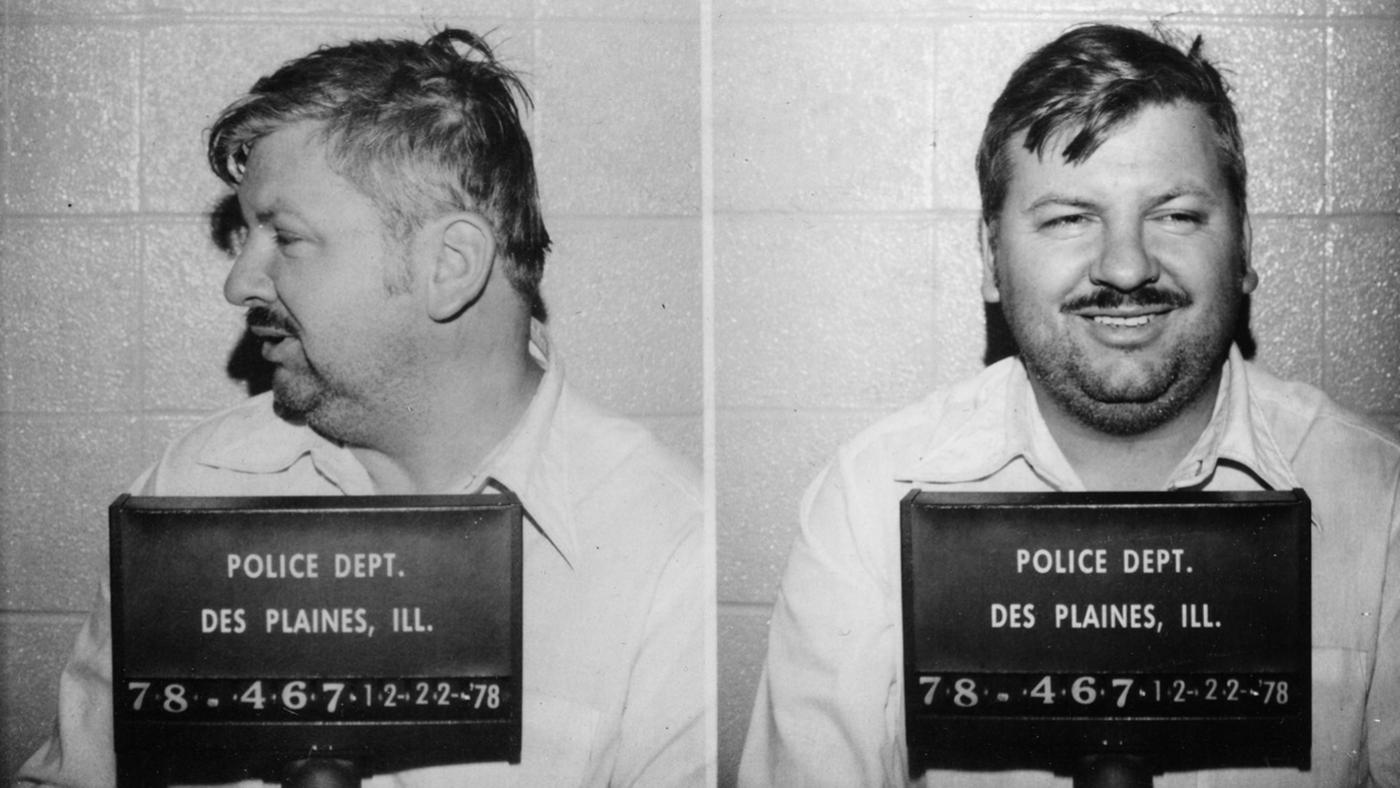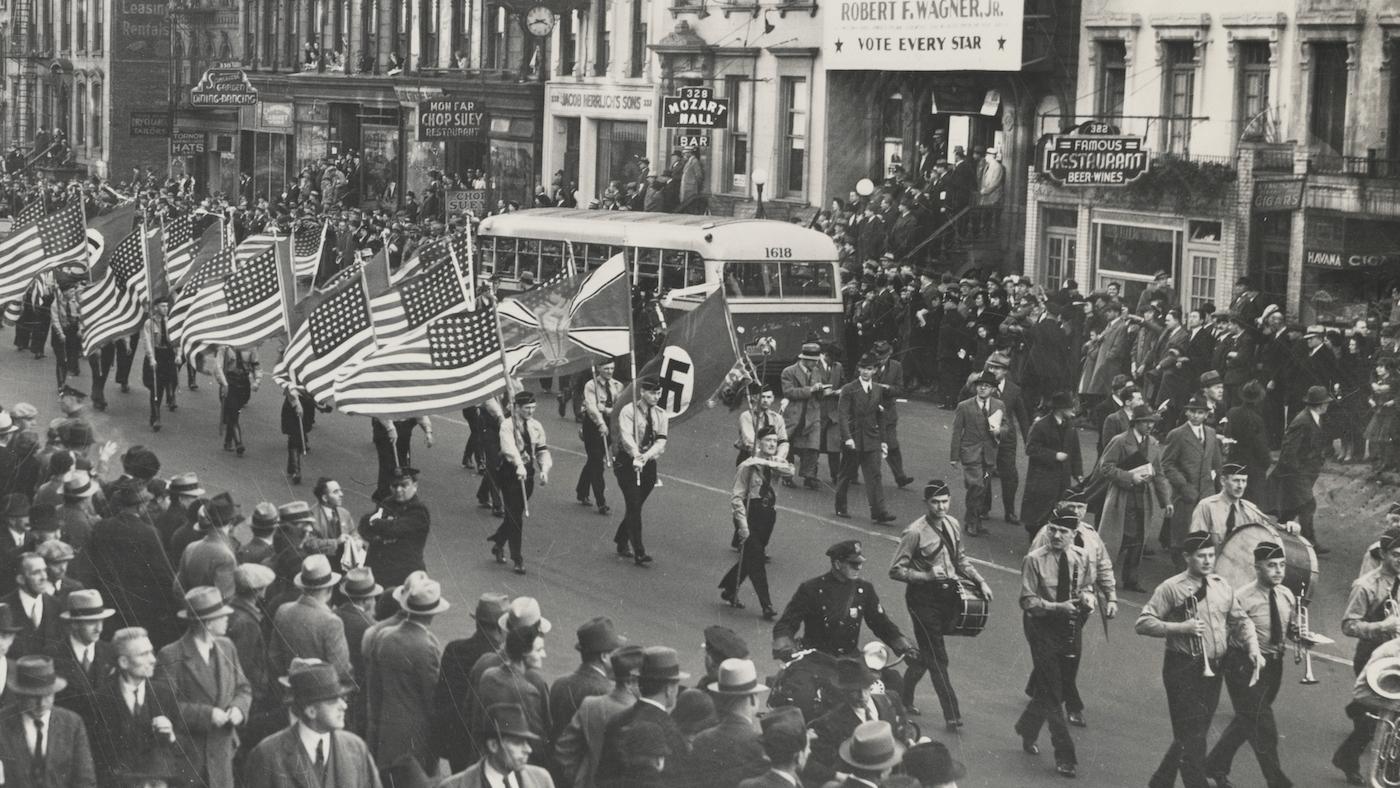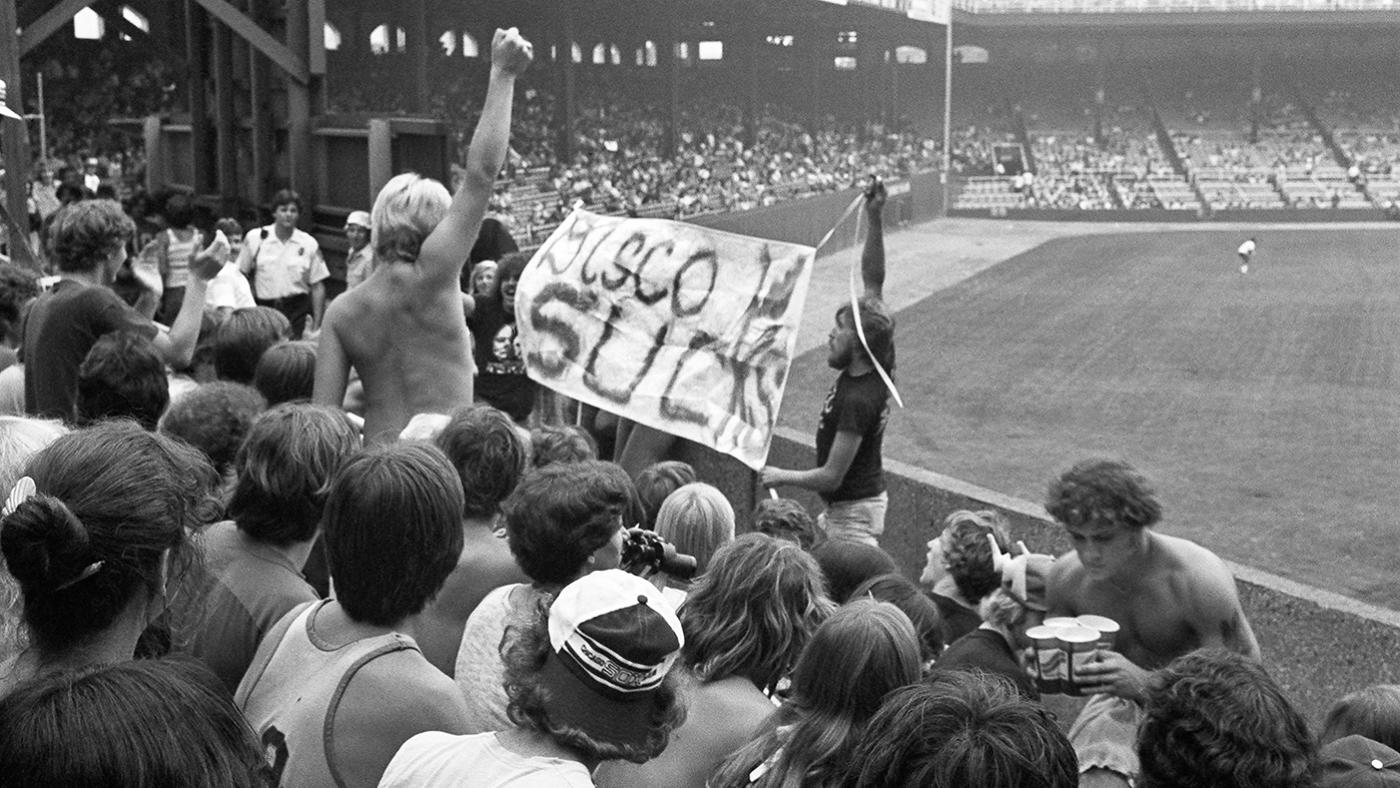‘Forgotten Feminist’ Sophonisba Breckinridge was a Woman of Many Firsts
Meredith Francis
October 7, 2020
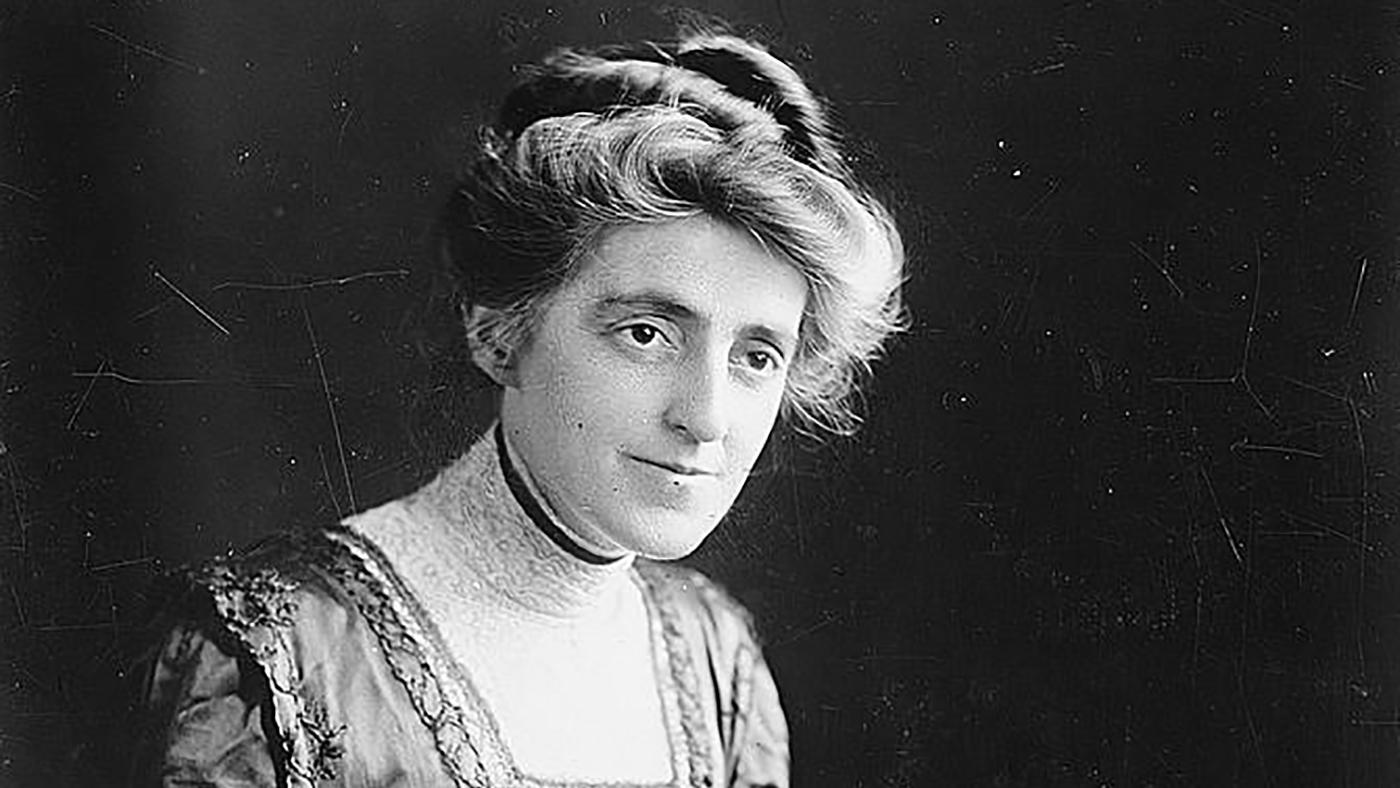
There are a handful of names that pop up when discussing the feminists and social reformers of the late 19th and early 20th centuries in Chicago: Jane Addams, Ida B. Wells, Frances Willard. But one woman who spent much of her life in Chicago is what one historian calls a “forgotten feminist.”
That woman is Sophonisba Breckinridge. Born in Lexington, Kentucky in 1866, Breckinridge was a woman of many firsts. At 14, she was part of the first class at the Agricultural and Mechanical College of Kentucky (now the University of Kentucky) that allowed women. She was the first woman admitted to the Kentucky bar — before she even got a law degree — and the first to earn a Ph.D. and, later, a law degree from the University of Chicago. But she didn’t stop there.
“She became the first woman to hold a named professorship at the University of Chicago. She also was the nation’s first woman delegate to an official international conference,” Anya Jabour, Regents Professor of History at the University of Montana, Missoula, said in an email interview.
Jabour, who authored the biography Sophonisba Breckinridge: Championing Women's Activism in Modern America, said Breckinridge experienced a lot of discrimination as a trailblazing woman.
Her own father, a lawyer and Congressman, wouldn’t support her pursuit of a law career after she graduated from Wellesley College in 1888. He instead pushed her towards teaching high school.
“In the 1890s, after she qualified for the bar despite his lack of support, he let her use a desk in his office,” Jabour said, “but he made it clear in statements to the newspapers — which were fascinated by Kentucky’s first woman lawyer — that she was ‘not a partner.’”
Additionally, despite awarding her praise and top grades while she pursued her education, her professors didn’t help her get a job. Such experiences led Breckinridge to make her own way as a social reformer.
“Ultimately, the discrimination she experienced in male‐dominated fields prodded her to establish a new, female‐friendly profession: social work,” said Jabour.
Breckinridge established the School of Social Service Administration at the University of Chicago in 1920. At the time, women like Breckinridge and Jane Addams were leaders in the field of social work. Breckinridge’s work emphasized working women, immigrants, African Americans, juvenile crime, and child labor.
She authored several books, including The Modern Household, which examined how women were stereotypically viewed as domestic and social beings, and how those perceptions made it harder for working women who had to juggle multiple roles inside and outside the home. The book was co-authored by Marion Talbott, the University of Chicago’s Dean of Women, with whom Breckinridge had a romantic relationship for many years.
Not even the educated, successful Breckinridge could break free from the limitations she described.
“Breckinridge also struggled with what her fellow reformer, Jane Addams, called the ‘family claim’ — the expectation that unmarried women would defer their own goals in order to serve their families,” Jabour said, adding that Breckinridge struggled with depression, and wasn’t able to truly pursue her career until after her parents died.
“I think that all these struggles gave her insight into the experiences of other groups that encountered discrimination and ultimately fueled her commitment to social justice,” Jabour said.
That awareness, according to Jabour, gave Breckinridge a head-start on an issue that today’s feminist movement is still working through. As a leader in the suffrage movement, she emphasized the importance of including African American women at a time when some suffragists actively excluded them from the movement. She even asked sociologist and civil rights leader W.E.B. DuBois to speak at the annual convention of the National American Woman Suffrage Association in 1912 after the group’s president, Anna Howard Shaw, publicly stated that the feminist movement “should not touch the negro problem” for fear it would anger southern suffragists.
“One of the interesting things about Breckinridge’s career is how she anticipated what we now refer to as ‘intersectionality,’” said Jabour. “She understood the need to consider — and challenge — multiple and interlocking systems of oppression.”
Despite Breckinridge’s early contributions to feminism, Jabour calls her a “forgotten feminist,” since her name isn’t one that often comes up. One reason is because she was “modest to a fault.”
“She tended to be second-in-command, rather than the official leader, in organizations. She also preferred to work behind the scenes to shape public policy, rather than to engage in social protest,” Jabour said.
Her work, along with the work of her life partner Edith Abbott, laid some of the foundation for the Social Security Act of 1935 and other New Deal-era programs. She was also an advocate of the Fair Labor Standards Act of 1938, which established the right to a minimum wage and overtime pay and banned child labor.
Jabour said that many of Breckinridge’s concerns are still relevant today, from civil rights and immigrant protections to fair wages and women’s rights.
“In a way, her career was a sort of checklist of women’s activism in twentieth‐century America,” Jabour said. “For Breckinridge, all her activities worked toward the same end: creating a just and equal society for all.”

